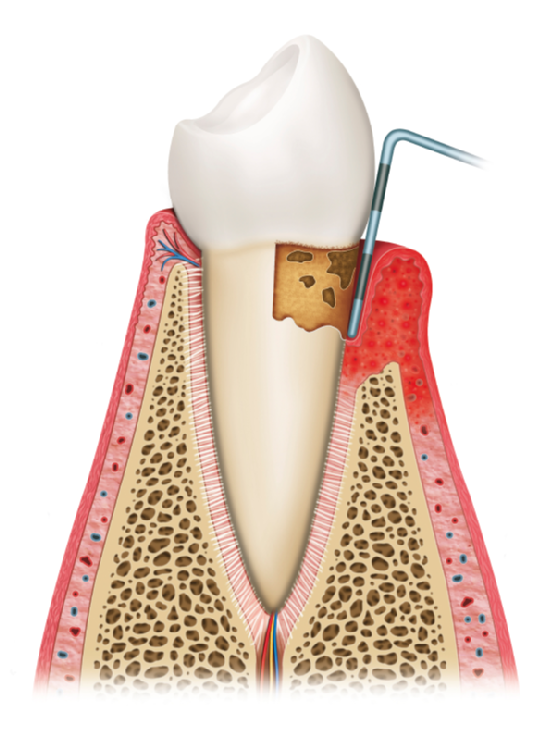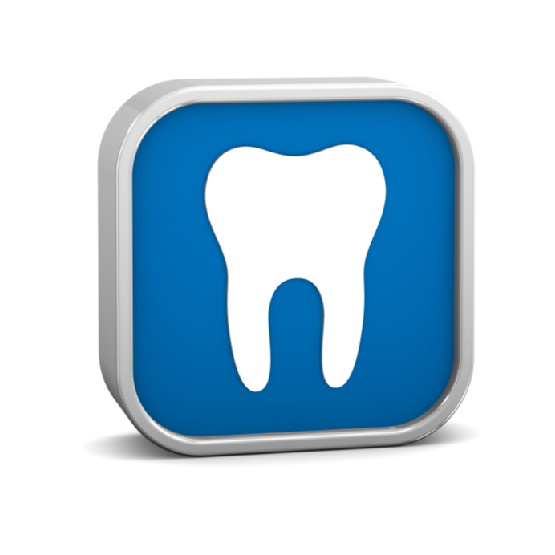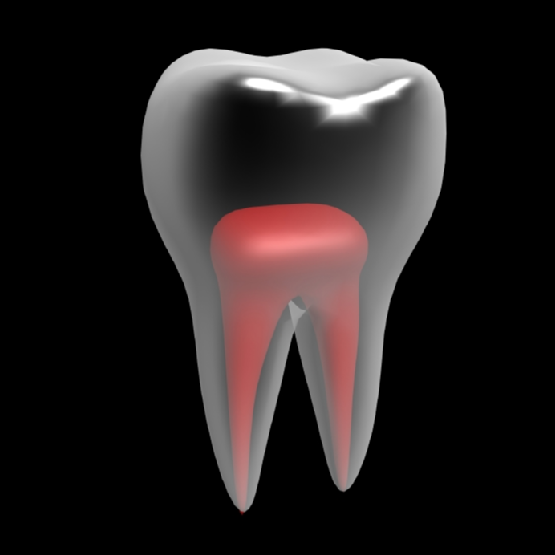Periodontal disease , commonly known as gum disease, is a serious progressive illness that can lead to long-term health problems. Millions of people around the world suffer from periodontal disease, many of whom are not even aware that they have it. Here are some of the most commonly asked questions about the disease and how it can affect your life.

What is Periodontal Disease?
Periodontal disease begins when plaque develops on your teeth. As it hardens, plaque causes your gums to become inflamed. This stage of the disease is known as gingivitis. If the disease is not checked at this point, it progresses into periodontitis , which causes the gums to begin to pull away from the teeth and raises the risk of infections, bone loss, and loose teeth.
What Health Issues are Associated with Periodontal Disease?
Some studies have suggested that having periodontal disease can increase your chances of developing heart disease. It may also raise your risk of suffering a stroke. If you have a lung condition, periodontal disease may worsen it. Having gum disease can also exacerbate diabetes.
How Can Periodontal Disease Be Treated?
You can keep your mouth healthy by brushing and flossing daily and also by having a professional dental cleaning on a regular basis. If you notice any signs of gingivitis, it’s important to have it treated right away. In most cases, the disease can be halted at this stage. If periodontitis develops, however, surgical treatment may be necessary.
The best way to reduce your chances of periodontal disease is to see your dentist at least twice a year. University Associates in Dentistry offers first-rate general, cosmetic, and restorative dentistry services to the Chicago community, including scaling and root planning for advanced cases of periodontal disease. If you would like to learn more about our dental services, visit us on the Web today or call (312) 704-5511.



